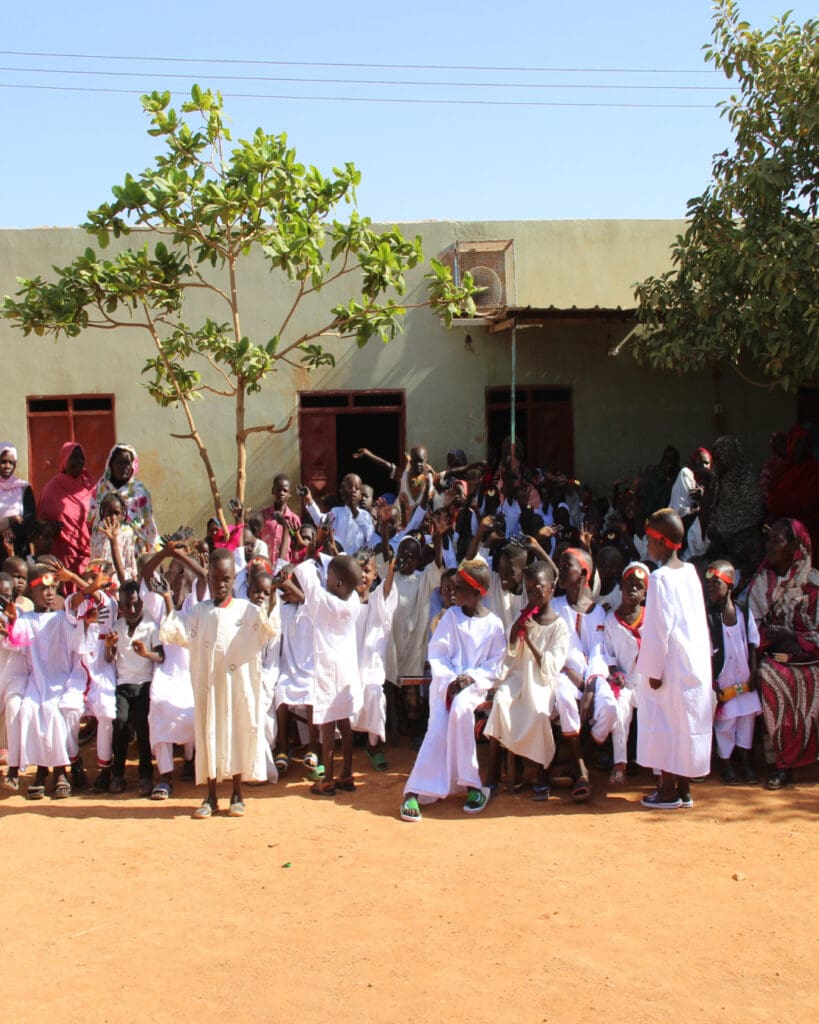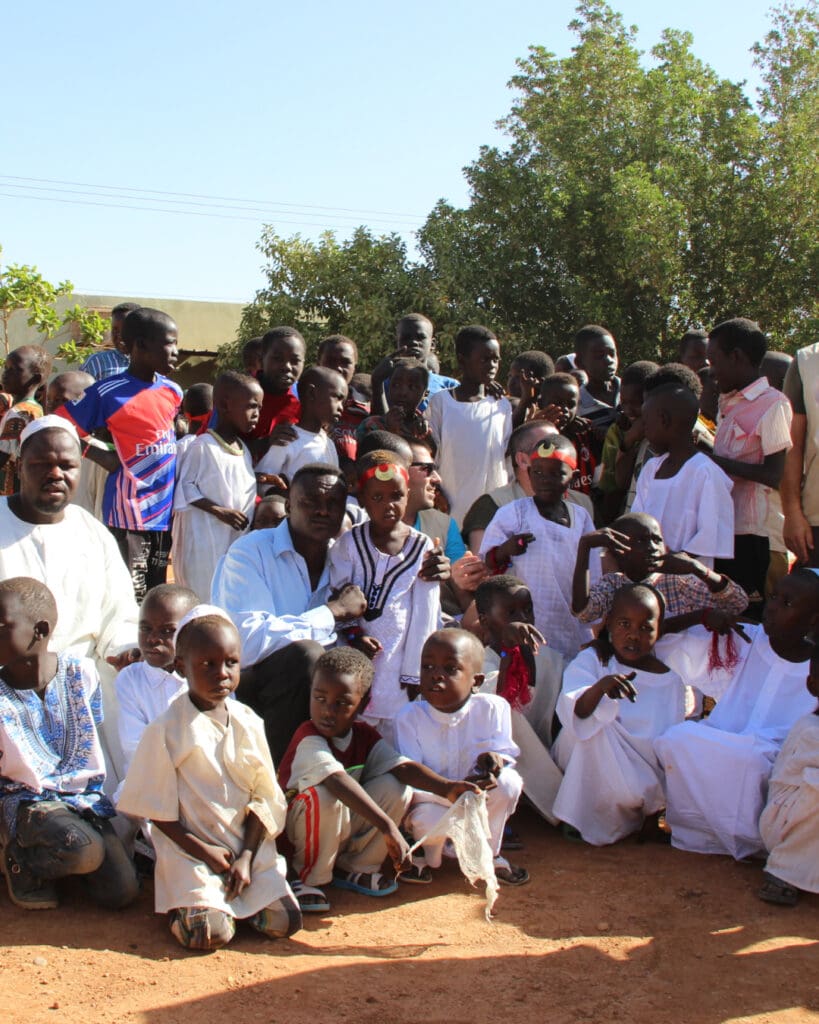Sunrise has announced that it will launch a circumcision project in Chad, Africa, starting in January 2025. This project holds both religious and medical significance and cancontribute to social benefits and foster warm gatherings between communities. Our goal is toreach at least 2,000 children and serve hundreds of families in the area of healthcare. Join us!
This project carries both religious and medical significance and can contribute to socialbenefits while fostering warm gatherings among communities.
Circumcising children during their developmental years contributes to essential education fora future of healthy reproduction and family growth. Circumcision reduces the risk of bacterialbuildup under the foreskin, improving hygiene—particularly important in areas with limitedaccess to clean water and healthcare. In communities where circumcision is widely practiced, there are fewer cases of infectious diseases, reducing long-term costs and strain on healthcaresystems.


Studies show that circumcision reduces the risk of urinarytract infections (UTIs) in males. Additionally, it offers protection against certain sexuallytransmitted infections (STIs), such as HIV and HPV.
Circumcision can prevent conditions such as phimosis (inability to retract the foreskin) and paraphimosis (trapped foreskin), which couldotherwise lead to painful or dangerous situations.
Circumcision (khitan) is an important act of fitrah (natural purity) in Islam. The Prophet Muhammad (peace be upon him) said:
“Five things are part of fitrah: circumcision, shaving pubic hair, trimming nails, removing armpit hair, and shortening the mustache.”
(Sahih al-Bukhari and Sahih Muslim)
It is seen as a way to maintain cleanliness, which is a fundamental aspect of the faith.
Many Islamic scholars consider circumcision to be obligatory (wajib) for men. This is basedon the practice of Prophet Ibrahim (peace be upon him), who set an example of obedience toAllah. It strengthens adherence to religious traditions and emphasizes dedication to Islamicvalues.
Health and Spirituality
Circumcision not only offers practical benefits but is also regarded as an act of obedience toAllah, promoting both spiritual and physical well-being.
Circumcising children during their developmental years contributes to essential education fora future of healthy reproduction and family growth. Circumcision reduces the risk of bacterialbuildup under the foreskin, improving hygiene—particularly important in areas with limitedaccess to clean water and healthcare. In communities where circumcision is widely practiced, there are fewer cases of infectious diseases, reducing long-term costs and strain on healthcaresystems.
The project is based on voluntary participation and proper education about thereligious and medical benefits of circumcision. Families are informed about theprocedure, aftercare, and potential risks.
Circumcision procedures must be performed by medical professionals under sterileconditions to avoid complications. This is a vital principle in both medical ethics andIslam, which emphasizes the protection of life (hifz al-nafs). Therefore, we collaboratewith local hospitals and care centers.
The project takes into account local customs and sensitivities, ensuring it aligns withcommunities without compromising their autonomy or cultural identity.

Together for a world of equal opportunities
© All Rights Reserved.